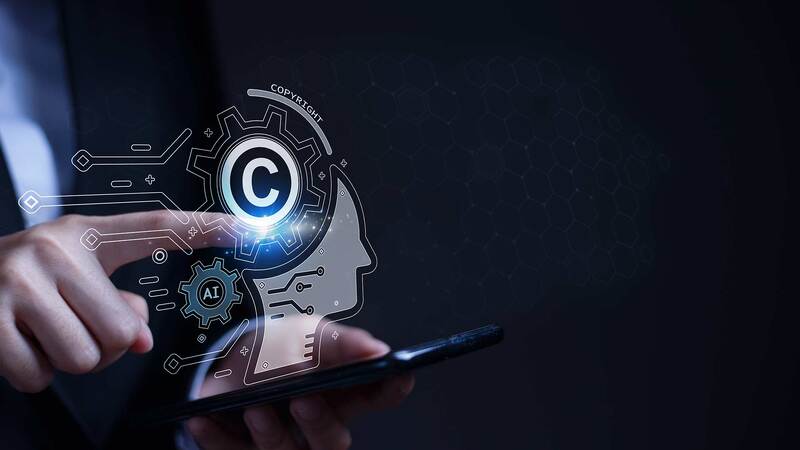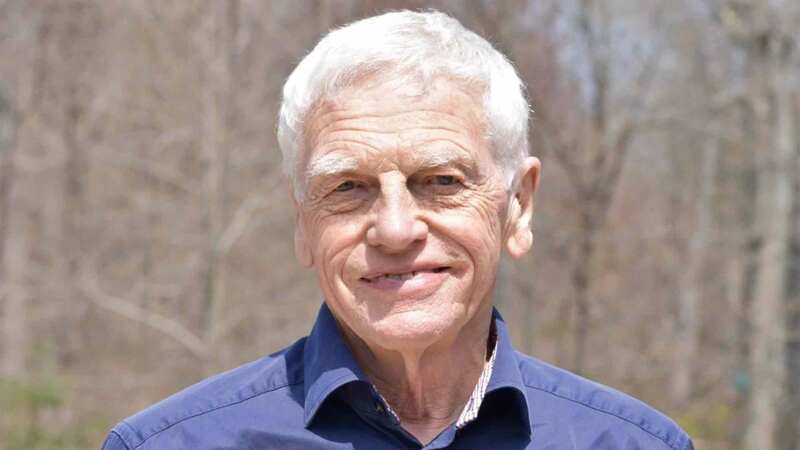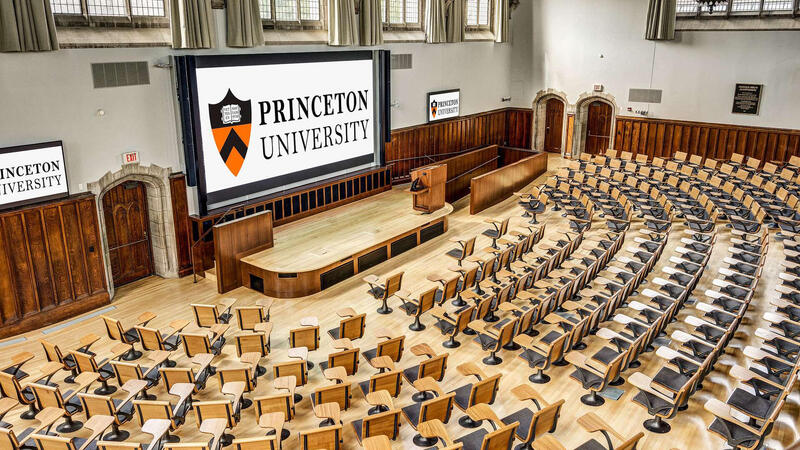You are viewing your 1 free article this month. Login to read more articles.
UK IP watchdog receives 13,000 responses to its copyright consultation, as LBF turns its focus to AI
The UK Intellectual Property Office (IPO) received more than 13,000 responses to its recent consultation on copyright, it has been revealed, while the Association of American Publishers (AAP) has not ruled out litigation against tech giants in the ongoing tussle over the use of Artificial Intelligence.
Those were just two of the notes from Dan Conway, chief executive of the Publishers Association, and Maria Pallante, president and chief executive of the AAP, who spoke to The Bookseller a day ahead of their AI discussion at the London Book Fair on Tuesday afternoon (11th March).
On the recent proposals from the British government to clarify copyright laws, Conway said: “This was an unresolved issue for the UK government and we knew we would be in consultation territory early in the new parliament, but I don’t think anyone – government, creative industries, tech companies – could have predicted the level of interest in this topic. The IPO has been inundated with responses – more than 13,000 and thousands of emails on top – and we’ve all seen the strength of feeling expressed in the media.”
Conway also stressed the importance of co-operation with the AAP on conveying this sentiment. “We are both looking out for what’s happening, and learning from, activity in each other’s territories,” he said. “[The PA’s general counsel and deputy CEO] Catriona MacLeod Stevenson and colleagues regularly liaise with those bringing cases against some of the biggest AI companies in the US, and what’s happening here – or could happen here – will be of interest not just in the US but globally.”
Pallante described more activity across the US courts. “Most of the battle in the US is in the judicial branch, where we have more than three dozen copyright cases pending against AI companies across the country, in varying procedural stages,” she said. “ We have one decision thus far, a favourable outcome in Thomson Reuters vs Ross Intelligence, in which the court found that copying of headnotes for machine learning is not permitted by fair use. We are also learning new information from AI companies, from the intense discovery process required under US litigation: how works were copied and from where are critical factors.”
She added: “The AAP has not ruled out litigation.”
Pallante emphasised the concern in America over transparency: “There has been significant interest on transparency bills, which is really an equity issue as much as a copyright issue, and many lawmakers have been shocked by the fact that some Silicon Valley companies sourced their ingestion content from notorious pirate sites that governments collectively struggle to address.”
Continues...
Conway also emphasised that openness as a critical part of the conversation was a key goal for this year. “Our main priority is for the government to start meaningful work on transparency,” he said.
Meanwhile, Pallante reserved some criticism for the UK government. “I was disappointed that [it] put its finger on the scale against the creative industries in the way that it framed its consultation, and we saw a bit of that mindset from France as well, in that the conclusion of its AI Summit did not prioritise IP and arguably treated it as an impediment to AI development,” she said. “Policymakers worldwide are under a lot of pressure both to capture the economic potential of AI and regulate cautiously.”
Pallante praised the work of Conway and his colleagues in keeping the pressure on the government: “The proper approach to the unfettered infringement of AI companies should be outrage, not a government blessing. I was heartened and impressed by the response of the UK PA and the UK creative sector.”



















